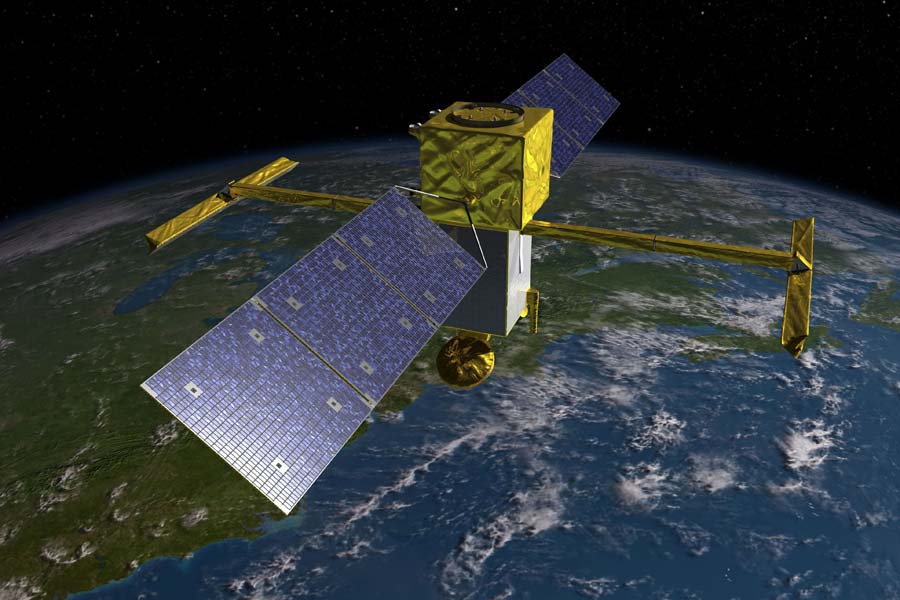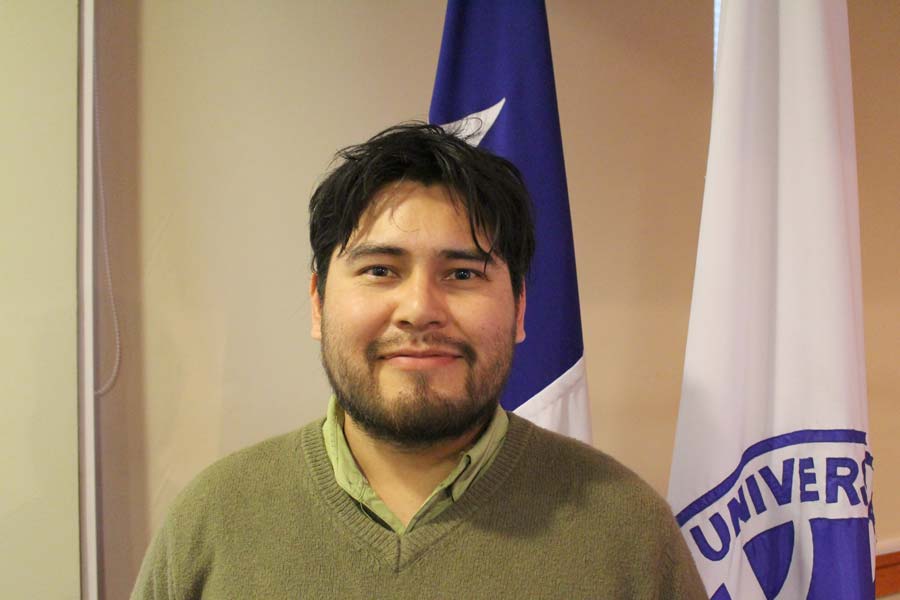|
Within a work alliance between the Chilean Universidad de Concepción (UDEC) and the UFRO, with the help of Dr. Rodrigo Abarca del Rio, the UFRO collaborates on this mission and provides the training of advanced human capital capable of analyzing the data provided by SWOT, information that will allow to assess the existing water resources in Chile at the basins level.
|
The SWOT (Surface Water and Ocean Topography) mission is a space mission led by NASA (National Aeronautics and Space Administration) and the French CNES (National Center for Space Studies). Its objective is the better understanding of the world's oceans and its terrestrial surface waters. The mission will be launched in 2021.
The Universidad de La Frontera will collaborate on this important mission through the participation of Dr. Ivo Fustos who works at the UFRO Department of Civil Engineering of the Faculty of Engineering and Science, based on a work alliance with the UDEC, which will collaborate through the participation of Dr. Rodrigo Abarca del Rio. This way, the UFRO will be part of this important mission, providing the training of advanced human capital.
The idea is that the work team will be capable of analyzing the data provided by SWOT, since this information will allow to assess Chile´s water resources at the basins level and to contribute to the decision-making related to the management of water resources available.
SPACE MISSION
“At present, there are space missions that allow to assess basins of the size of the Amazon, which are hundreds of times bigger than the ones we have in Chile, for example in the Bio-Bio or Araukanía Region”, Dr. Ivo Fustos said. Therefore, SWOT will provide concrete information for the scientific UFRO community respect the amount of water that exists in these basins.
The UFRO academic staff member added that “at present, in Latin America we do not have such capacities to explore this information, and in this context, the French government and NASA established this collaboration with the UFRO and UDEC.” From here to 2021, it will be necessary to have professionals capable of handling the SWOT protocols.
Therefore, both universities have done valuable efforts in order to train students capable of analyzing and transferring the data of this mission to the community.
As part of the training, two UFRO students in Civil Engineering at the Universidad de La Frontera, Nataly Manque and Ardy Gatica, recently participated in the conference “Water from Space”, in Santiago, Chile. They went with Dr. Ivo Fustos to this event, in which different experts of NASA´s Jet Propulsion Laboratory (JPL) and the French CNES came together and presented the current status of South America´s surface water and explained how the SWOT mission will improve the understanding of it.
For Nataly Manque, the participation in the International South American Water from Space Conference was important for getting to know the current status of Chile´s and Latin America´s surface water, which is crucial information for taking social responsibility and forming criteria in engineering.
“To share with speakers from all over the world allowed me to analyze different visions and to find a big variety of similarities among the obstacles in the advance in this subject. I was able to assimilate the impact of the lack of data to analyze – and its validity – and the constant constraints in funding at the moment of implementing improvements.
However, the techniques and the scope of the remote sensing project and the SWOT launch will improve the analysis”, she pointed out.
Another aspect both students pointed out was the possibility of getting to know and interact with professionals of NASA and CNES, a professionally and personally enriching experience.
They also had the possibility to learn to use the Orfeo ToolBox software, which is developed by CNES, in a workshop led by one of the developers.
“All of these experiences, among others during this meeting, permitted that our students could see that engineering is a universal language and that what we are developing on a micro level in Chile can be extrapolated to any other part of the world”, Dr. Ivo Fustos concluded.
 Written by: Daphne Bormann Faculty of Engineering |
 Written by: Daphne Bormann
Written by: Daphne Bormann






